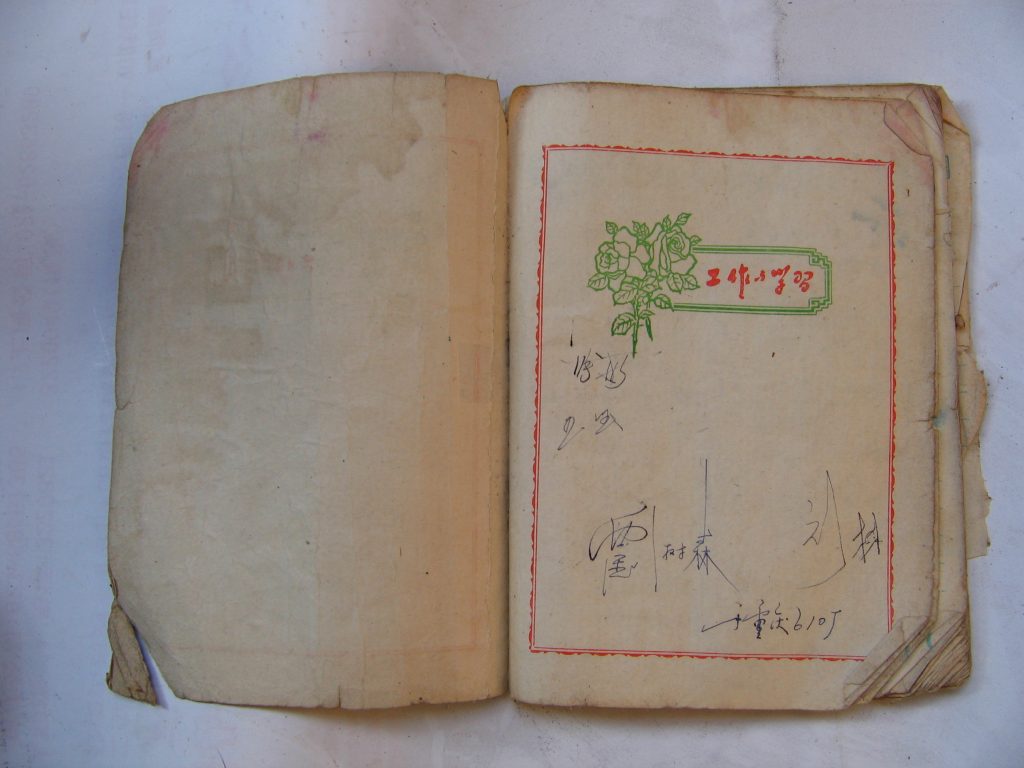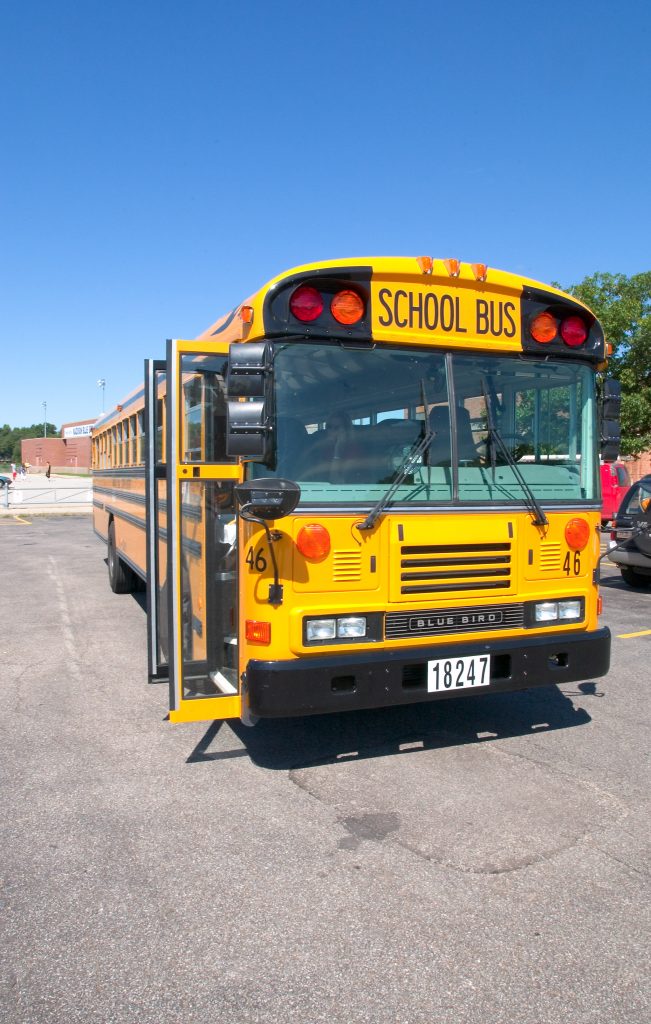 If you ever inherit land from a relative, it may be wise to investigate if anyone else has a claim to it. There may be a co-owner in the shadows waiting to sell it.
If you ever inherit land from a relative, it may be wise to investigate if anyone else has a claim to it. There may be a co-owner in the shadows waiting to sell it.
Thirteen Plaintiffs claimed they were the heirs of the Willie Smith, the original owner of a property in Claiborne Parish, Louisiana. The plaintiffs alleged that none of them were served with process in a licitation lawsuit surrounding the property or were notified of the 2010 action. A licitation suit is a term used in Louisiana law to mean the process of partitioning property at an auction where the land is owned by multiple people. In 2010, LEWLA, LLC had filed a licitation suit to divide this disputed piece of land in Claiborne Parish. LEWLA’s lawsuit resulted in a judgment and sale of the land in 2011 to LEWLA. The plaintiffs sought to declare this judgment and resulting sale of the property as legally void (“nullity”). Plaintiffs also alleged a charge of “ill practice” by LEWLA in withholding known addresses or misleading the assigned attorney regarding any information about the absentee persons.
Under the Louisiana Civil Code, the rights of ownership in property is transmitted upon the owner’s death to his or her successors. La. C.C. art. 937; La. C.C. art. 938. Those successors may then exercise the rights of ownership to the property of the decedent’s estate. All informalities of legal procedure connected with any sale of real property are subject to a two-year statute of limitations from the time of the sale. La. R.S. 9:5622. Further, final judgments are annulled if rendered against a defendant who has not been served with process as required by law. Louisiana law also requires an appointment of a curator attorney when the case involves ownership in property by an unopened succession or absentee nonresident.
 Louisiana Personal Injury Lawyer Blog
Louisiana Personal Injury Lawyer Blog


 Many people think that if they make a will, the administration of their property after death will go smoothly, with no questions asked. This is not always the case. A Louisiana case out of Jefferson Parish dealt with one of these precarious situations.
Many people think that if they make a will, the administration of their property after death will go smoothly, with no questions asked. This is not always the case. A Louisiana case out of Jefferson Parish dealt with one of these precarious situations. A contract creates a level of trust between two businesses or individuals, but what happens when one individual fails to uphold their end of the bargain? Or worse yet, what happens when an individual purposefully misrepresents their ability to uphold their end of the bargain? These are issues the Louisiana Third Circuit Court of Appeal recently addressed in a lawsuit between Meyer & Associates, Inc. (“Meyer & Associates”) and the Coushatta Tribe of Louisiana.
A contract creates a level of trust between two businesses or individuals, but what happens when one individual fails to uphold their end of the bargain? Or worse yet, what happens when an individual purposefully misrepresents their ability to uphold their end of the bargain? These are issues the Louisiana Third Circuit Court of Appeal recently addressed in a lawsuit between Meyer & Associates, Inc. (“Meyer & Associates”) and the Coushatta Tribe of Louisiana. Losing a child is always an extremely difficult experience for a parent to go through, and it is even more difficult when the death is a result of negligence. Normally when negligence occurs, the parents bring forth a wrongful death lawsuit against the negligent party.
Losing a child is always an extremely difficult experience for a parent to go through, and it is even more difficult when the death is a result of negligence. Normally when negligence occurs, the parents bring forth a wrongful death lawsuit against the negligent party. When an employee is injured on the job, workers’ compensation is often a faster and more efficient method to seek damages than other judicial remedies. Once a judgment is entered, it is important for the injured party to promptly collect damages because this judgment could prescribe, or no longer be enforceable.
When an employee is injured on the job, workers’ compensation is often a faster and more efficient method to seek damages than other judicial remedies. Once a judgment is entered, it is important for the injured party to promptly collect damages because this judgment could prescribe, or no longer be enforceable. Plaintiffs cannot litigate multiple lawsuits brought over the same cause of action. For example, if a company wrongfully terminates someone’s employment, the employee can traditionally bring only one lawsuit addressing this issue and not a second or third after a court decides the first. This barring is called
Plaintiffs cannot litigate multiple lawsuits brought over the same cause of action. For example, if a company wrongfully terminates someone’s employment, the employee can traditionally bring only one lawsuit addressing this issue and not a second or third after a court decides the first. This barring is called  The
The  Deadlines matter. They matter in all areas of life, but in the legal world, missing a deadline can determine whether legal action will move forward or not. With every cause of action, there are time frames for filing claims and appeals and oftentimes—even in situations where recovery seems necessary or deserved—courts will dismiss cases filed outside these time frames. In a lawsuit against Rapides Regional Medical Center (Rapides Regional), Mrs. Susanna Duckering learned this lesson the hard way.
Deadlines matter. They matter in all areas of life, but in the legal world, missing a deadline can determine whether legal action will move forward or not. With every cause of action, there are time frames for filing claims and appeals and oftentimes—even in situations where recovery seems necessary or deserved—courts will dismiss cases filed outside these time frames. In a lawsuit against Rapides Regional Medical Center (Rapides Regional), Mrs. Susanna Duckering learned this lesson the hard way. Every medical professional has a standard of care he or she must adhere to. No one wants to deal with the failure to meet this standard of care, but oftentimes, life puts us in unfortunate situations. When we suffer injuries—or worse—at the hands of those who are supposed to treat, heal, or diagnose us, medical malpractice can help provide compensation. In a recent case appealed to the Court of Appeal for the Third Circuit of Louisiana, a medical malpractice claim was made against the Louisiana State University Health Systems Moss Regional Medical Center (“Moss Regional”).
Every medical professional has a standard of care he or she must adhere to. No one wants to deal with the failure to meet this standard of care, but oftentimes, life puts us in unfortunate situations. When we suffer injuries—or worse—at the hands of those who are supposed to treat, heal, or diagnose us, medical malpractice can help provide compensation. In a recent case appealed to the Court of Appeal for the Third Circuit of Louisiana, a medical malpractice claim was made against the Louisiana State University Health Systems Moss Regional Medical Center (“Moss Regional”). A report from the U.S. Department of Veterans Affairs (VA) medical centers shows that Tinnitus and hearing loss are the number one and two health conditions among military veterans. In 2017, almost two million Veterans were receiving disability compensation for tinnitus and over a million were receiving compensation for hearing loss. Recently a
A report from the U.S. Department of Veterans Affairs (VA) medical centers shows that Tinnitus and hearing loss are the number one and two health conditions among military veterans. In 2017, almost two million Veterans were receiving disability compensation for tinnitus and over a million were receiving compensation for hearing loss. Recently a